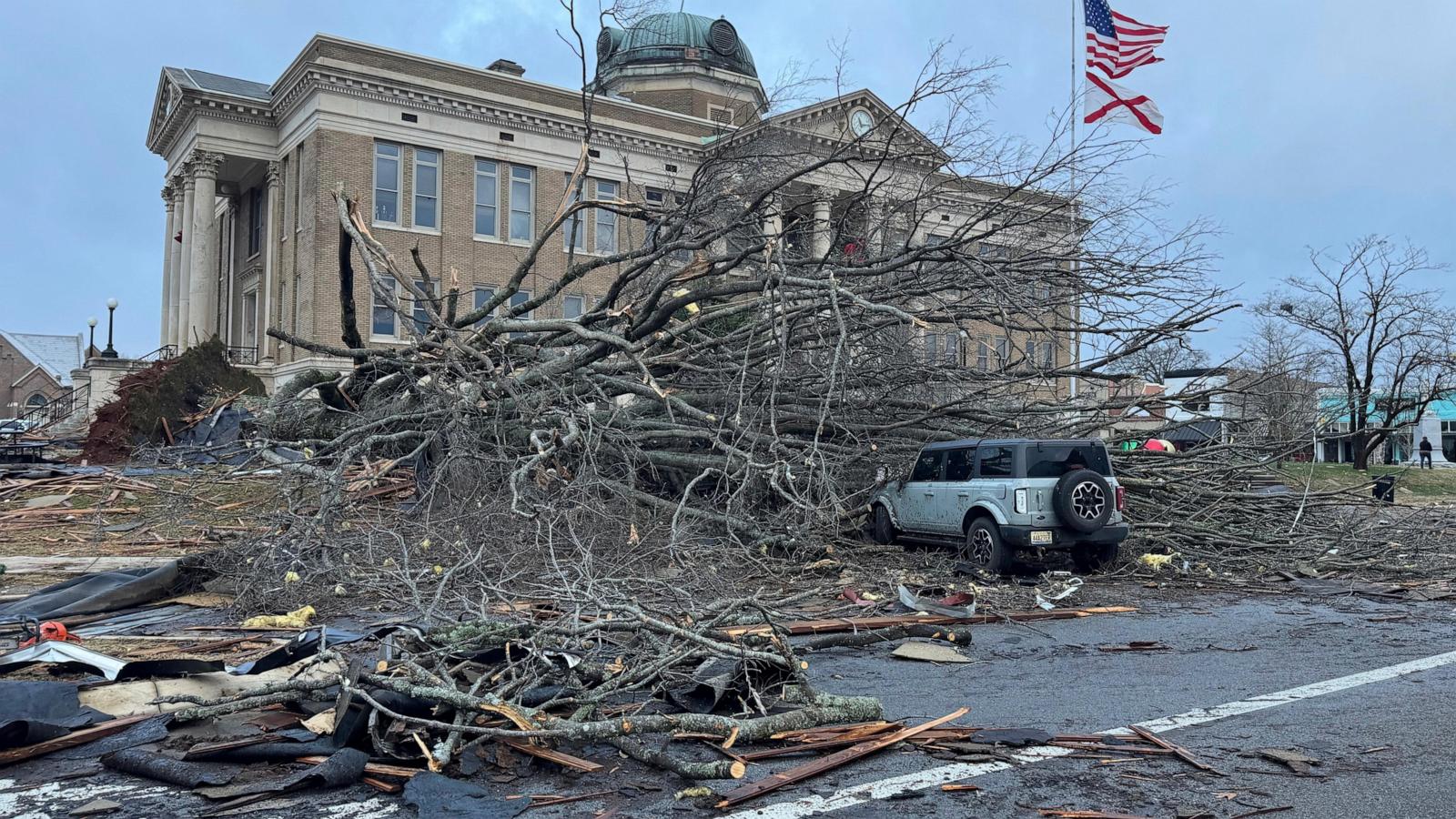Bracing for the Big Freeze: A Winter Weather Survival Guide
Winter weather can be beautiful, but it also presents some serious dangers. From icy roads to freezing temperatures, winter storms can quickly turn deadly if you aren't prepared. Millions of Americans are preparing this week for moderate to heavy snow from Kansas City to Washington, and the East Coast will be especially affected. But no matter where you are, this guide will give you the lowdown on how to prepare and keep safe!
Deadly Carbon Monoxide: The Silent Killer
Carbon monoxide (CO) is an odorless, colorless, and highly poisonous gas. It's produced when fuels don't burn completely, something that frequently happens during winter when heating systems are running constantly. Furnaces, stoves, and heaters are common culprits, as are portable generators and cars running in garages. Even running a car in an enclosed space, attempting to keep warm or charge your phone, may create deadly fumes.
Recognizing the Signs of Carbon Monoxide Poisoning
The insidious nature of CO poisoning makes it especially dangerous. Symptoms can develop gradually and mimic those of the flu or other common illnesses, often initially appearing as a mild headache, nausea, or dizziness. However, CO poisoning can quickly escalate to loss of consciousness or seizures.
Preventing Carbon Monoxide Poisoning
- Install CO detectors on every level of your home and near sleeping areas. These life-saving devices will immediately alarm when dangerous levels of CO are detected.
- Regularly inspect and maintain your heating systems. Have your furnaces, stoves, and other heating appliances serviced by qualified professionals.
- Never use a stove or oven to heat your home.
- Never run a generator or car inside your home, garage, or any enclosed space. Always leave these operating systems well-ventilated and a safe distance from buildings.
Hypothermia: When Your Body's Heat Escape Outpaces Its Production
Prolonged exposure to frigid temperatures can lead to hypothermia. It happens when your body loses heat faster than it can produce it, which can quickly become life-threatening.
Recognizing Hypothermia
Shivering is an early warning sign. But other symptoms might manifest as fatigue, confusion, slurred speech, slow breathing, or loss of coordination. As your body temperature decreases further, loss of consciousness can occur.
Protecting Yourself from Hypothermia
- Dress in layers; warmer clothes and thermal wear are more effective than bulky, single layers
- Limit your time spent outdoors during extreme cold weather.
- Stay hydrated and maintain good nutrition to keep your body strong and better able to resist cold temperatures.
- Be extra cautious when drinking alcohol as it may lower your body’s temperature; avoiding such substances altogether is advised.
Frozen Pipes: A Southern Problem that Can Happen Anywhere
Frozen pipes are a significant concern, especially in regions with milder climates, where such plumbing is sometimes less protected than it would be elsewhere.
Preventing Frozen Pipes
- Insulate exposed pipes and outdoor faucets.
- Let your faucets drip slowly, especially during overnight hours when pipes are more susceptible to freezing.
- Turn off and drain any sprinkler systems or other exposed waterlines, as ice buildup may cause cracks.
- Learn about winterizing and insulating systems, to avoid expensive repair costs should water damage incur
Electric Vehicles and Winter Weather: Tips for Cold Weather Driving
Electric vehicles (EVs) present unique considerations in cold weather. The cold temperature will generally decrease range and overall functionality.
Cold Weather Driving Tips for Electric Vehicles
- Pre-condition your vehicle before embarking on long journeys, to both warm it up and get the car prepared. This ensures good energy usage.
- Charge your vehicle before travelling, and consider making more frequent stops at charging stations on long trips during cold weather.
- Park your car in a heated space as much as possible, when at home or other safe locations, which could significantly increase battery life
Take Away Points
Winter weather preparedness is critical for protecting your health and safety. Stay aware of winter storm warnings in your area, dress warmly when stepping outdoors, have backup solutions to maintain a warm indoor environment in case of electricity failure, regularly check on your family and neighbours in extreme weather and, take the necessary precautions to protect your car, home, and yourself. By understanding the risks and taking these simple measures, you can enjoy the beauty of winter without facing serious dangers.




